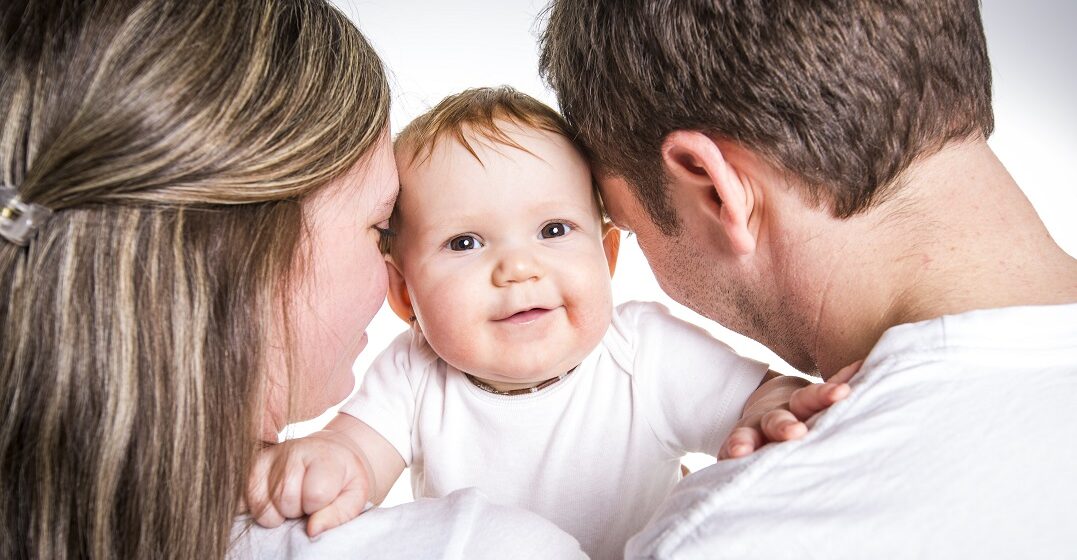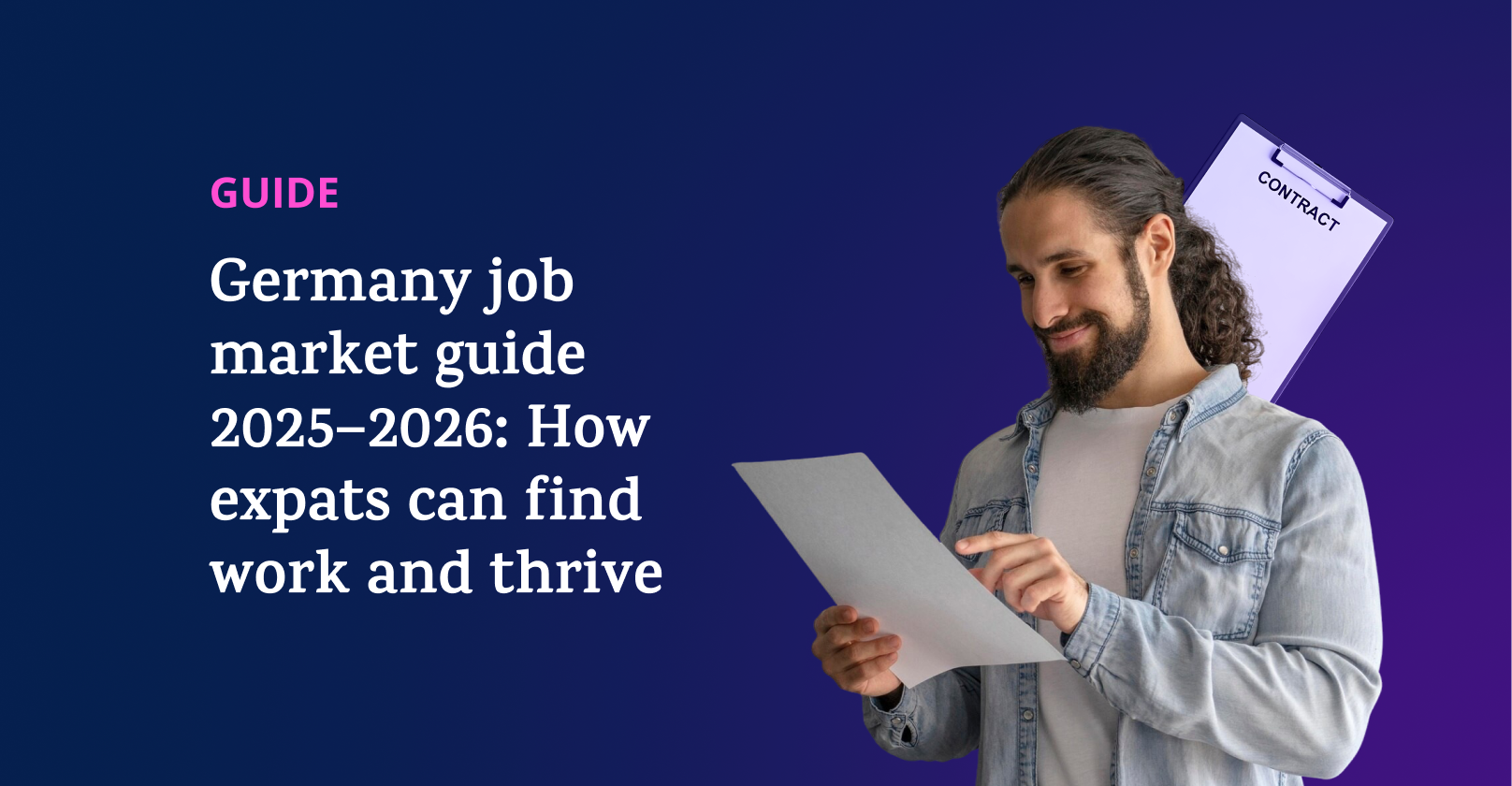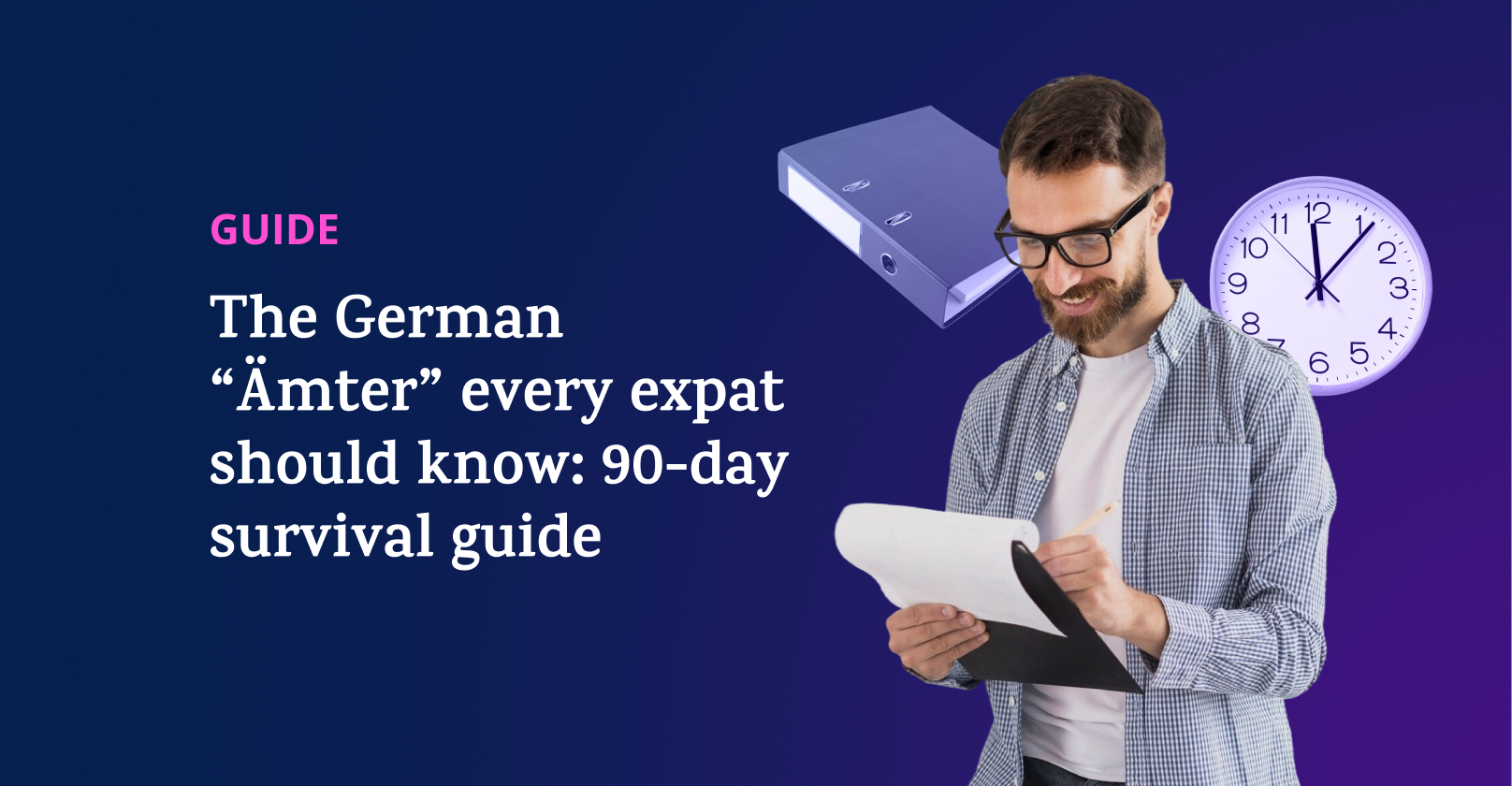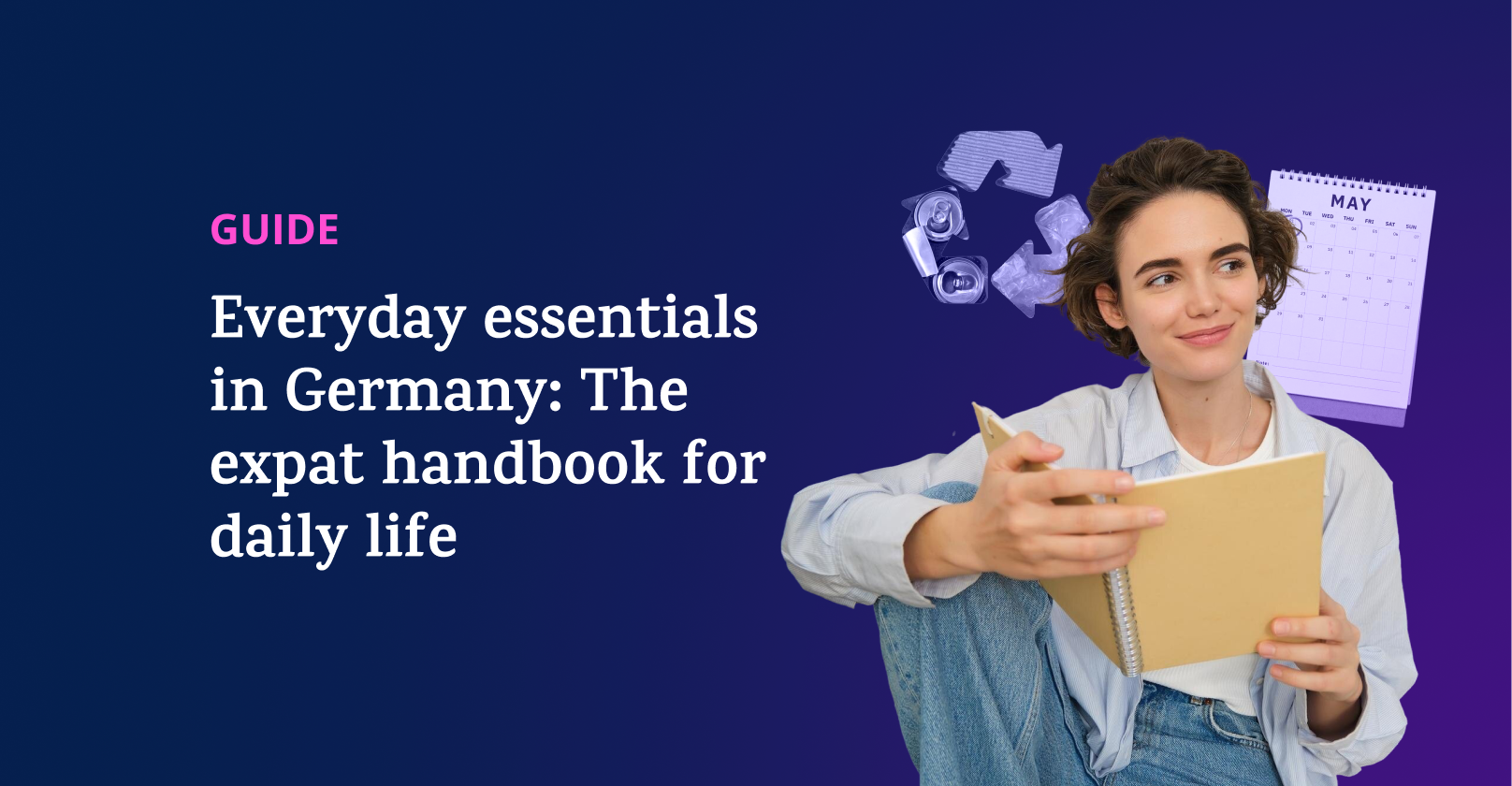Child support in Germany and how to get it

There are three main forms of child support in Germany: Elterngeld (parental allowance), Kindergeld (child benefit) and Unterhalt (child maintenance). If you and your child are registered in Germany, you are most likely entitled to one or more of these allowances designed to contribute to the expenses of raising children.
Through Elterngeld, you will receive part of what you earned prior to your child’s birth while you stay at home with your child for up to 32 months. Kindergeld will support you with €250 per child per month, until your children come of age or finish their education. Unterhalt is more situation-dependent, as it’s typically paid by the noncustodial parent after a separation or divorce. Let’s review the key facts about these different types of child support so you can know how to get financial help while raising your children.
Learn languages at your pace
Elterngeld (parental allowance)
Elterngeld is a form of child support in Germany. This allowance is designed to make up for the financial losses of parents who decide to stay home and provide childcare after the birth of a child.
Who can apply for Elterngeld?
If you are registered with your place of residence or habitual abode in Germany and work less than 32 hours a week after the child is born, you can apply for Elterngeld. Entitled to the parental allowance are biological, adoptive and foster parents living with the child or relatives up to the third degree (if the parents can’t take care of the child).
How long can you benefit from Elterngeld?
Three options allow parents to find the optimal balance between childcare and work and contribute to gender equality.
- The Basiselterngeld allows parents to share 14 months at home between them.
- With ElterngeldPlus, part-time working parents can share 28 months in which they receive half the monthly allowance of the Basiselterngeld.
- If both parents work up to 32 weeks a month and stay with the child the rest of the time, they can apply for the Partnerschaftsbonus of two to four additional months of ElterngeldPlus.
Single parents can use the full period of parental leave (i.e. 14 or 28 months) and can also apply for the full Partnerschaftsbonus.
How much is Elterngeld?
The parental allowance is income-dependent. The exact amount is calculated based on the monthly income of the last 12 months before birth. For people earning between €1,000 and €1,200 per month, the Basiselterngeld will be 67% of their income. If For those earning less, it will be more. For those earning more, it will be less.
In 2023, the minimum amount of parental allowance is €300 and the maximum is €1,800. It can make sense to change to a more advantageous tax class before your child’s birth. If you receive unemployment benefits, you could either receive €300 of Elterngeld on top of it or pause the unemployment benefits and receive Elterngeld if you had a high-paying job until close to your birth.
How to apply for Elterngeld
Fill in the form, attach all required documents and send them to the Parental Allowance Office responsible for you. In some states, you can also apply online.
Learn languages at your pace
Kindergeld (child benefits)
Kindergeld is the name for child benefits in Germany. This form of child support is income-independent and funded by taxes. The monthly allowance helps with the expenses of raising children.
Who can apply for Kindergeld?
Kindergeld in Germany is paid in the name of the child, but to one biological, foster or adoptive parent (or other relative) living with and taking care of the child. Every taxpayer with a registered place of residence or habitual abode in Germany is entitled to receive this form of child allowance in Germany. In some cases, you can even apply while living abroad. You will have to submit your tax identification number and that of your child.
How long can you benefit from Kindergeld?
Kindergeld as a rule is paid until the age of 18, but it can go up to 21 for job-seeking children and up to 25 for children continuing education.
How much is Kindergeld?
For 2023, the monthly child benefit for each child is €250. Families with a low income can additionally apply for up to €250 Kindergeldzuschuss, which is the name for child allowance in Germany.
How to apply for Kindergeld
To apply for Kindergeld, fill in the form and attach all required documents. Send the signed form to the Family Benefits Office (Familienkasse) of your local Employment Agency (Agentur für Arbeit). In some cases, you can apply online via ELSTER or with eID.
Unterhalt (child maintenance)
Child maintenance (Unterhalt) is the money one parent pays the other parent to help with the expenses of raising their children after a separation or divorce.
How long can you benefit from Unterhalt?
Child maintenance has to be paid for as long as the child needs financial support. This is usually until the child finishes education and is able to work, which can include tertiary education at university, for example.
How much is Unterhalt?
If the amount is decided by the court, the judges will look at the living standards of the child before the separation, but will also calculate the basic living costs of the noncustodial parent (Selbstbehalt). The basis for the calculation is given by the Düsseldorfer Tabelle.
How to apply for Unterhalt
You and your former partner can come to an agreement on the amount of child maintenance. It is best to have this agreement notarized in the form of a maintenance deed (Unterhaltsurkunde). If you can’t agree, the court will decide.
What and how much is child support in Germany?
Elterngeld, Kindergeld and Unterhalt are monthly allowances intended to support you and your child living in Germany. How much your child support actually amounts to will likely depend on the form of child support in question. Elterngeld and Kindergeld are income-dependent, while Unterhalt depends on the child’s living standards and what the noncustodial parent can afford to pay. To benefit from these allowances and get support in raising children in Germany, you will usually have to be registered in Germany, though exceptions can exist for parents and children living abroad.













